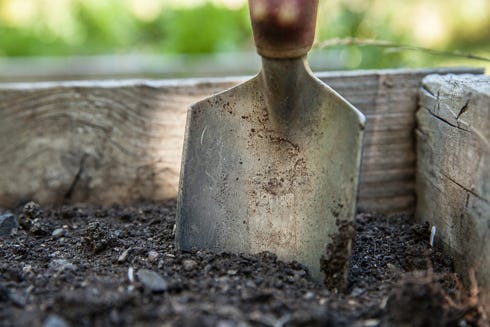
A long-time local tradition is music to many residents' ears. It is the sound of tractors, tillers and other machines working hard before Valentine's Day to plant peas, potatoes and other crops.
Churches, similarly, should start a tradition of planting seeds of faith, joy and salvation.
Take gardening, for example.
In the summer, plants wither and die without plenty of water. It is the same in church. Sermons on God's grace and mercy act like water to our souls.
With fertilizer, plants receive vital nutrition, they can begin to green out and produce fruit at a greater rate and better quality.
When people allow the Bible to be their road map to living, and ministers return to preaching's roots by holy living, turning away from sin, and becoming Christ-like, we become uncomfortable. However, this too provides the spiritual nutrition we need to branch out and bear fruit.
Pruning and hoeing, and eliminating weeds and the garden's dead spots add to the plant's ability to do even better. Similarly, uncompromised preaching helps us eliminate our lives' dead areas, and remove anything detrimental to our testimony.
Will your garden grow "OK" or will it be wonderful? What about your Christianity?
The choice is yours.
The Rev. Richard Helms serves at Miracle Acres Ministries, 3187 E. James Lee Blvd., in Crestview.
This article originally appeared on Crestview News Bulletin: HELMS: How does your garden grow?
